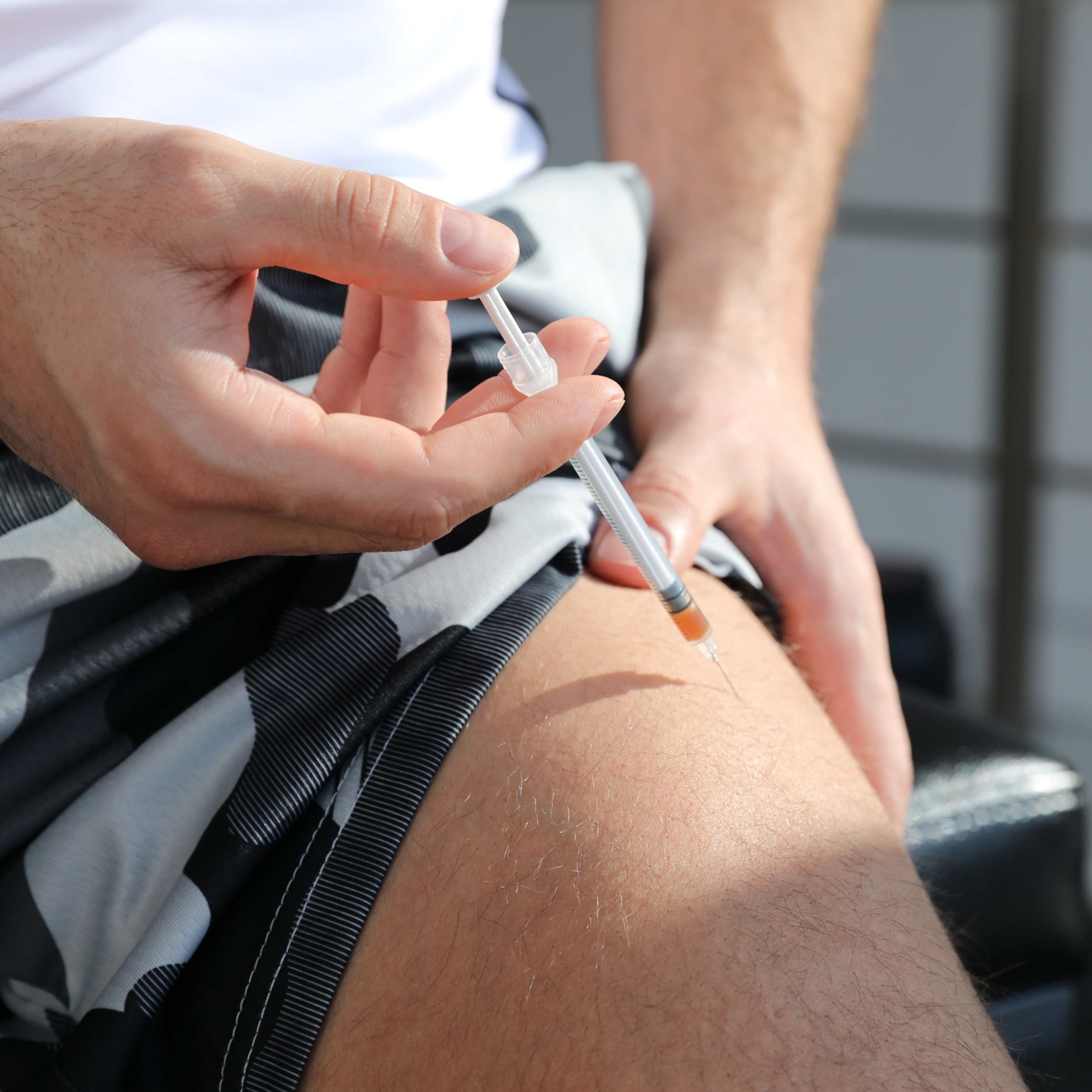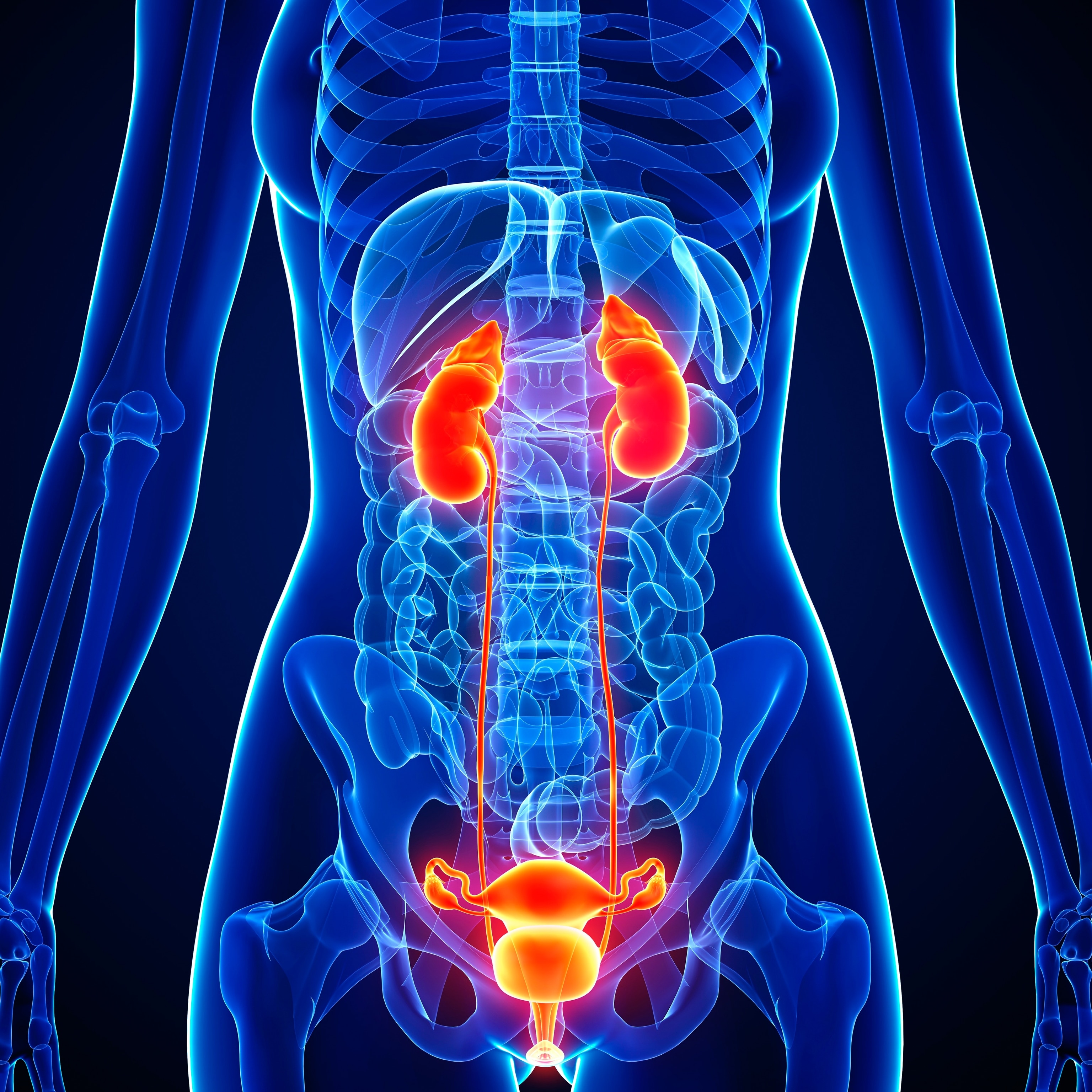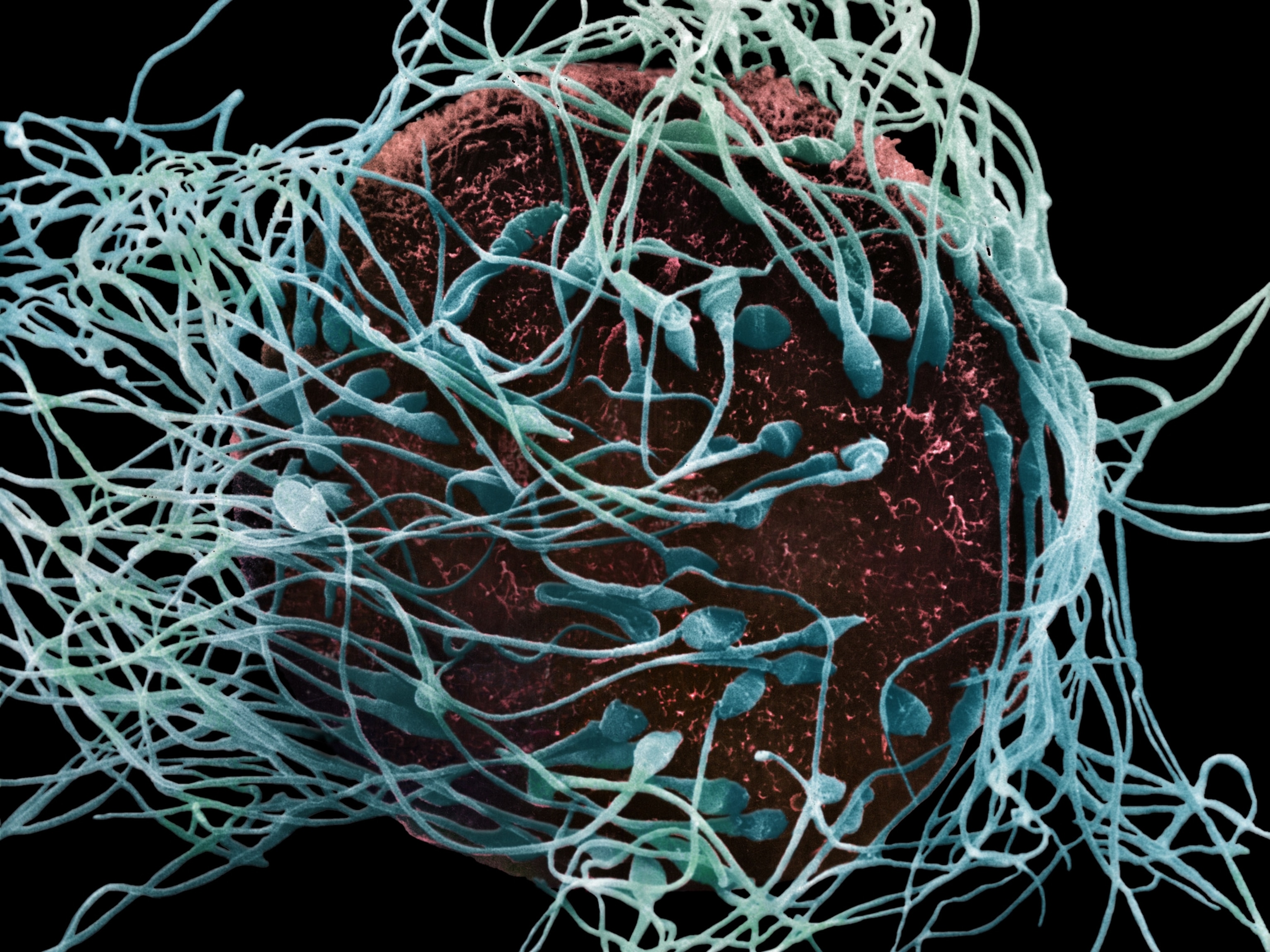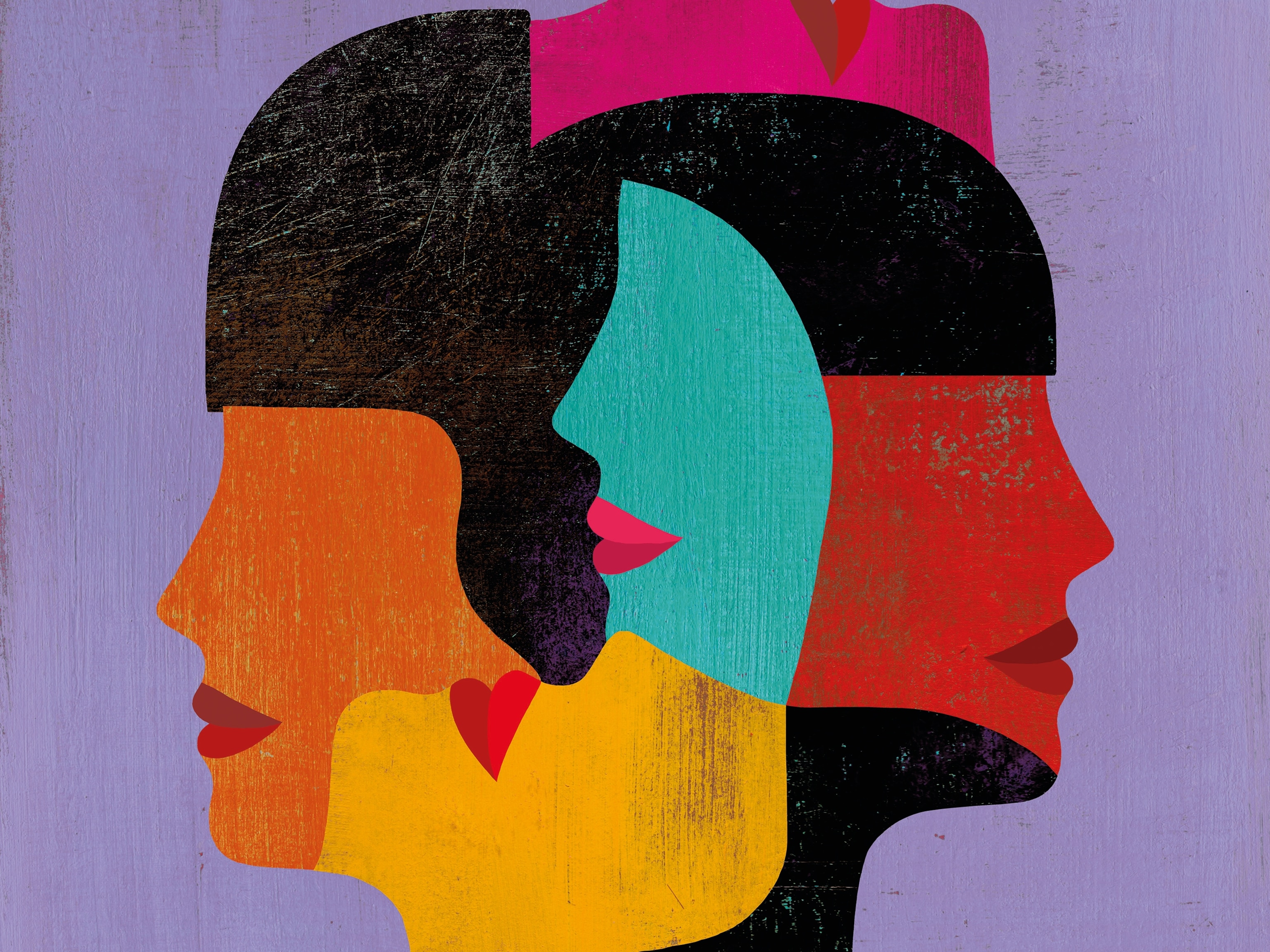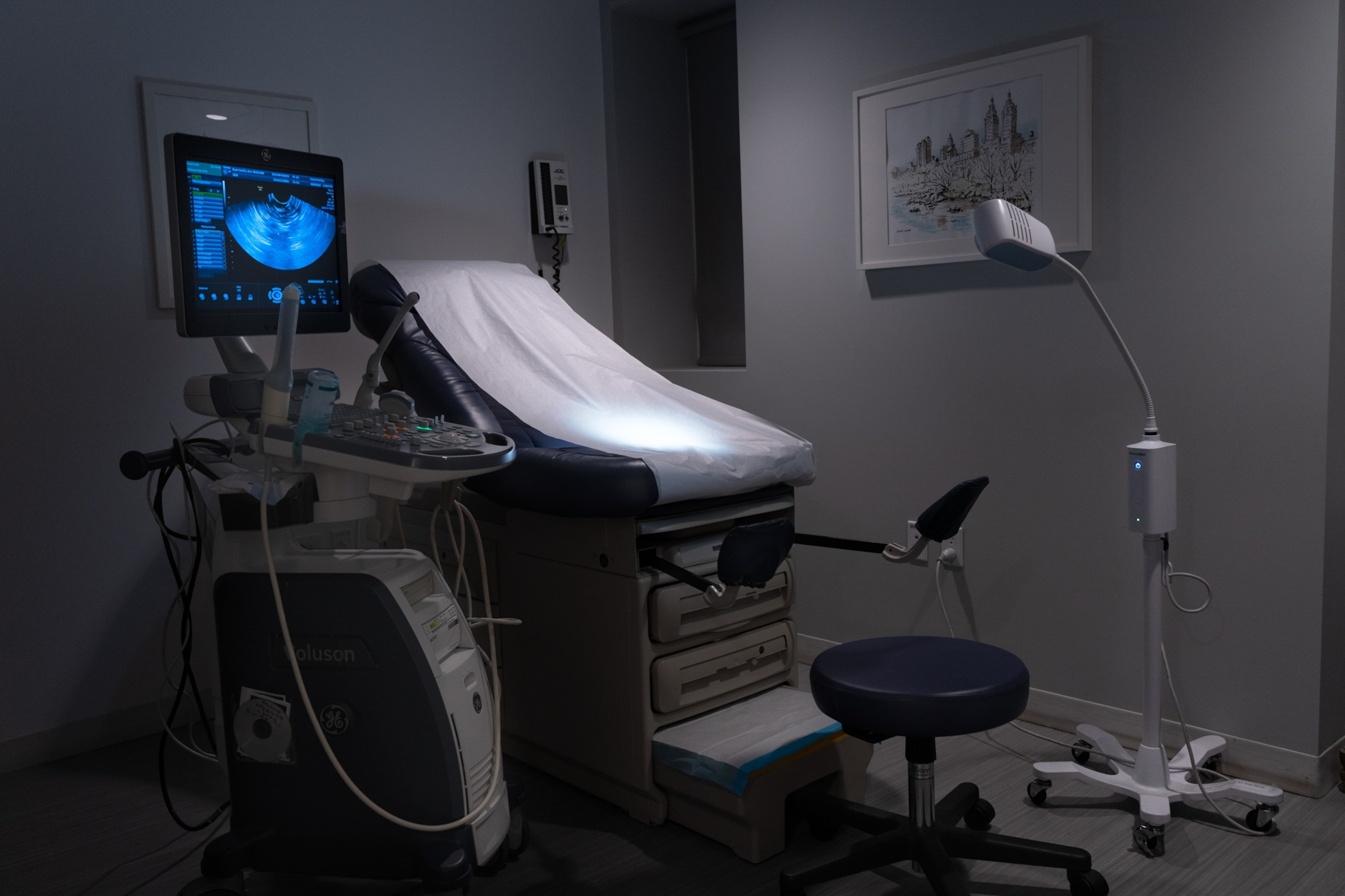
What to know about freezing your eggs
Egg freezing is becoming more popular as people delay having children. When is the best age to do it and what else is involved? The experts weigh in.
Egg freezing has existed since the 1980s but was considered a controversial, experimental procedure until 2012, when the American Society of Reproductive Medicine approved it for women who were on the verge of receiving toxic cancer therapies that could destroy their fertility. It wasn’t until two years later, after reassuring research about the practice’s safety and efficacy emerged, that the ASRM gave the nod for egg freezing more generally. Since then, it has become an increasingly popular option for women who are delaying having children for personal reasons.

From 2019 to 2021, there was a 39 percent uptick in elective egg freezing in the U.S., according to a study in the journal Fertility and Sterility. The practice gained further acceptance during the pandemic, which made many women ages 21 to 45 more open to considering egg freezing for themselves, according to a 2022 study in the same journal.
Recently, egg freezing has even become part of the cultural conversation, as celebrities have documented their egg freezing experiences on social media. When women put their eggs on ice, “it keeps the eggs frozen at that age and preserves their fertility at that age until they want to use them,” explains Sandra Ann Carson, a reproductive endocrinologist and obstetrician-gynecologist at Yale University. In other words, the process basically suspends a woman’s fertility in time, preventing the decline in egg quantity and quality that occurs naturally as women age.
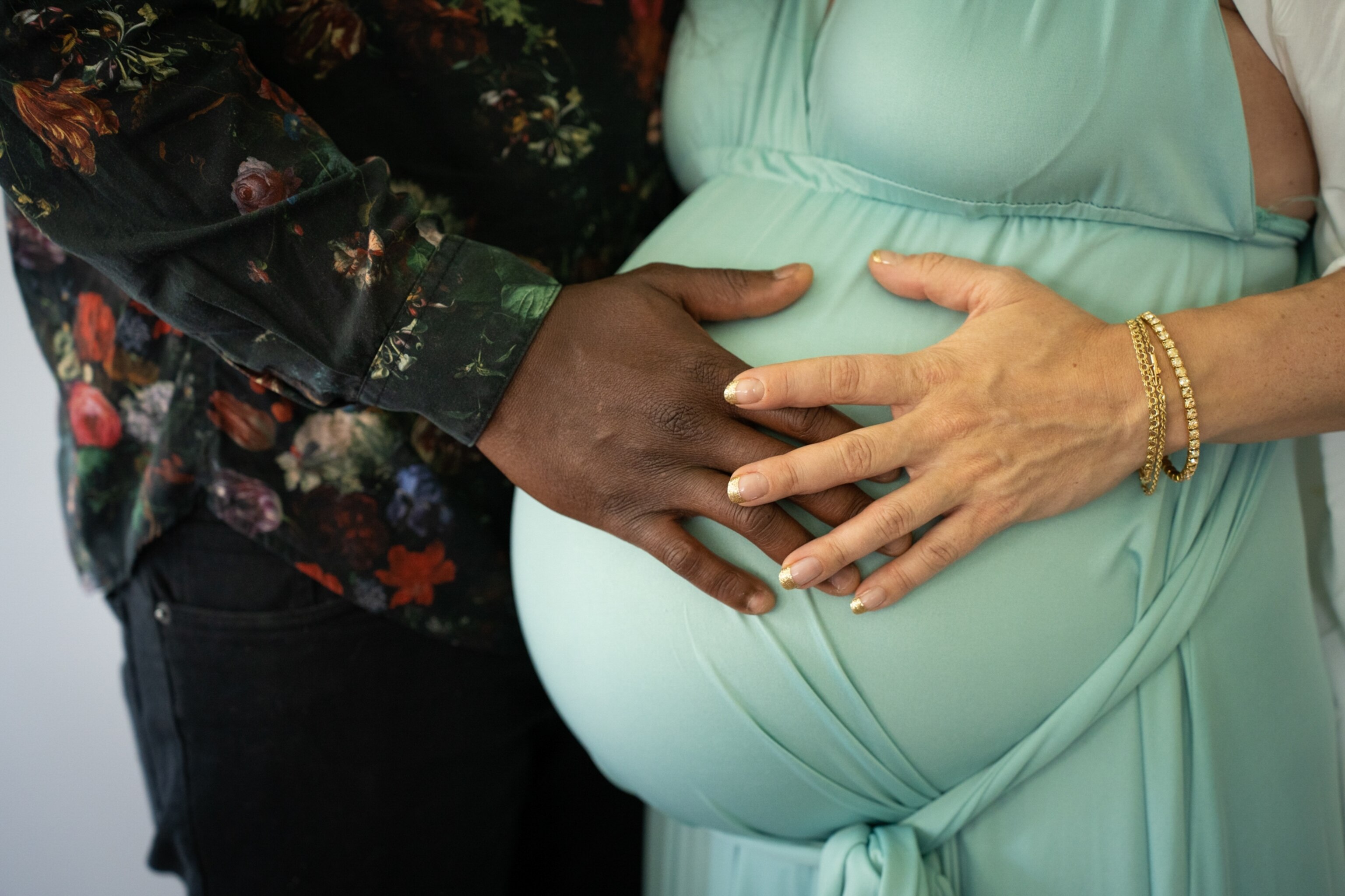
There are currently two primary reasons why women freeze their eggs. The first is for medical reasons, including chemotherapy or radiation—which can damage eggs—or having surgery to remove the ovaries. The other motivation is postponing having children while still preserving the chance of having a child using their own egg sometime in the future.
After all, a woman’s fertility—defined as the ability to get pregnant—peaks between the late teens and late 20s, according to the American College of Obstetricians and Gynecologists. By age 30, a woman’s fertility starts to decline, and after 35 the rate accelerates, which is why some experts say the ideal time for women to freeze their eggs is before age 35. [Read about why a woman’s fertility really plummets at age 35.]
What does the process entail?
When a woman decides to freeze her eggs the first steps include having a vaginal ultrasound to evaluate her egg supply and measuring her hormone levels.
Eggs are stored in the ovaries and are only released with the right hormonal stimulation. So, the physician collects a blood sample and tests it for three key hormones: follicle-stimulating hormone (FSH), which triggers the growth of ovarian follicles before ovulation; estradiol, which is made primarily by the ovaries and reflects their function and the quality of eggs; and anti-Müllerian hormone, which is correlated with a woman’s egg count. Using these hormone levels, the physician calculates the woman’s fertility potential and determines the right dose of ovarian stimulation medications.


Then, beginning on day two of her period the woman self-administers daily injections of hormones for 10 to 12 days to cause a group of eggs to ripen in the ovaries. During that time, the woman will have a pelvic ultrasound as well as blood tests every two to three days to monitor her response to the hormones. Usually, after eight to 14 days, she’ll have a “trigger shot” of human chorionic gonadotropin or a medication called Lupron to help the eggs complete the maturation process. About 36 hours later she’ll have a surgical procedure, under anesthesia, in which an ultrasound-guided needle is passed through the vagina and to the ovaries to aspirate the eggs—ideally ten or more. To prepare the eggs for freezing, the fluffy cumulus cells surrounding them are removed. Afterwards, the eggs are then flash frozen and stored at -196 degrees Celsius.
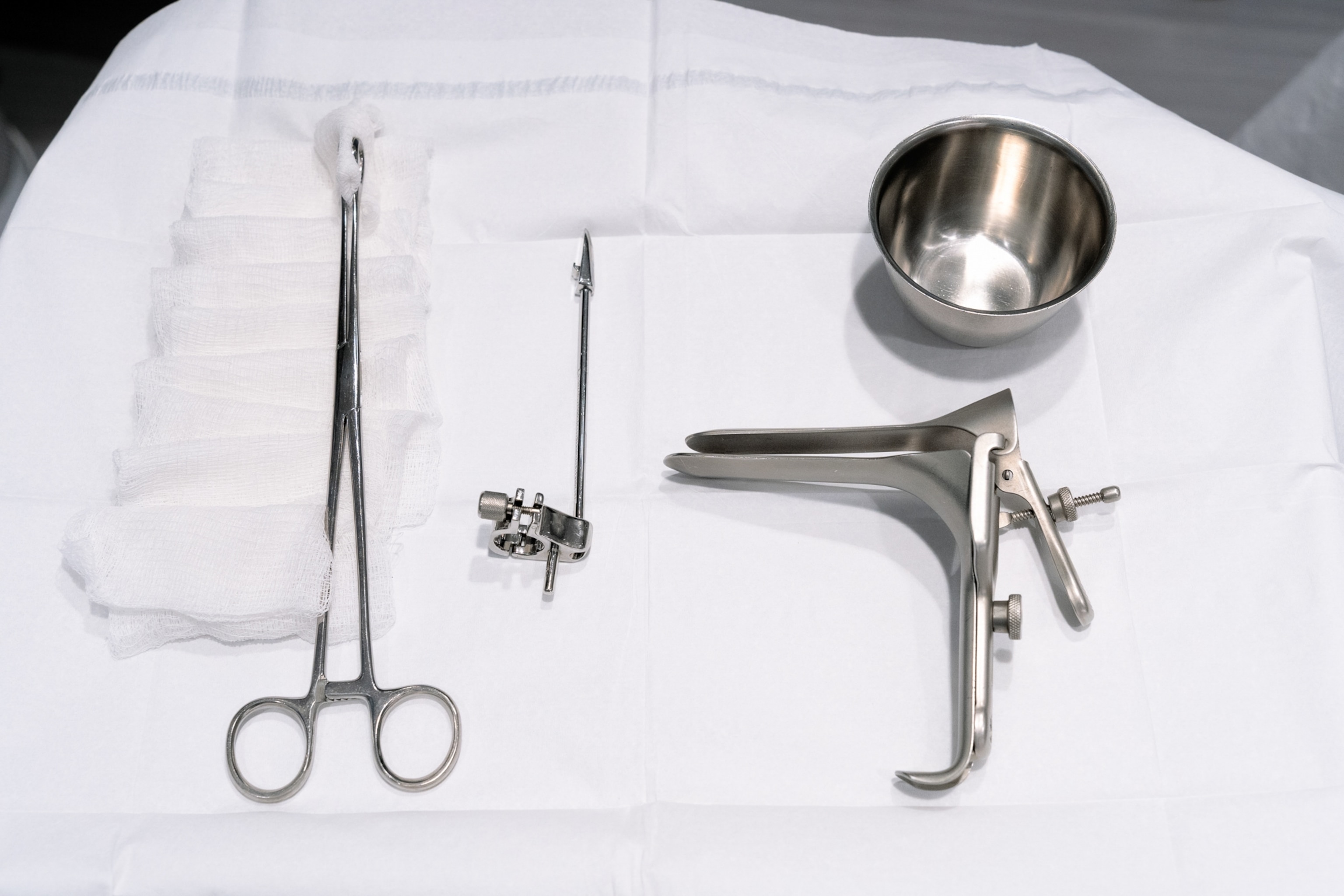
The undertaking isn’t without its challenges. Throughout the month-long process, a woman may feel tired or bloated and/or have headaches or mood swings, including for two weeks after egg retrieval, notes Sarah Cascante, a reproductive endocrinologist and infertility fellow at the NYU Langone Fertility Center.
A pricey proposition
An even more uncomfortable fact of egg freezing: It is expensive. “Depending on where you are in the country, it can range from $5,000 to $17,000,” says Joseph Hill, a reproductive endocrinologist and fertility specialist at Fertility Centers of New England, which has locations in Massachusetts, New Hampshire, and Maine.
For many people, those costs will be out of pocket. But some insurance plans are now covering egg freezing as part of fertility services, says Kristin Bendikson, a reproductive endocrinologist in Los Angeles and senior vice president of clinical development at Kindbody, a national network of fertility clinics, “and that is a benefit many young women want from their employers.”

And there are now shared egg-freezing programs that can help women with those costs when they donate some of their eggs that are retrieved to other women who can’t use their own.
If a woman eventually decides she wants to use those eggs, they must be thawed and fertilized with sperm in a laboratory dish—a procedure known as in vitro fertilization. Three to five days after fertilization, the embryo is transferred to the woman’s uterus. If a woman freezes her eggs at age 34, her pregnancy rate will be similar to the rate with IVF at age 34, regardless of whether she is older, Cascante says.
But sometimes women don’t come back for their frozen eggs—a phenomenon experts in the field call a “no use” rate. A review of studies published in 2022 in the journal Reproductive Biology and Endocrinology found that only 40 percent of people who froze their eggs for elective reasons and less than 10 percent who did for medical reasons went back to use their frozen eggs. “A lot of women who freeze their eggs never come back to use them, whether it’s because they get pregnant naturally or they decide they don’t want to have children,” says Cascante.
Misconceptions about egg freezing
As with many aspects of fertility, it’s not unusual for people to harbor misconceptions about egg freezing.
Some women don’t realize, for example, that “egg freezing doesn’t guarantee that you’ll end up with a baby, but it does guarantee the potential for having a baby,” says Hill. They may not realize how many steps are involved. Fortunately, with the latest approach to freezing—vitrification, an ultrarapid cooling technique that prevents the formation of damaging ice crystals—the eggs have a higher survival rate than with previous methods, Hill notes.

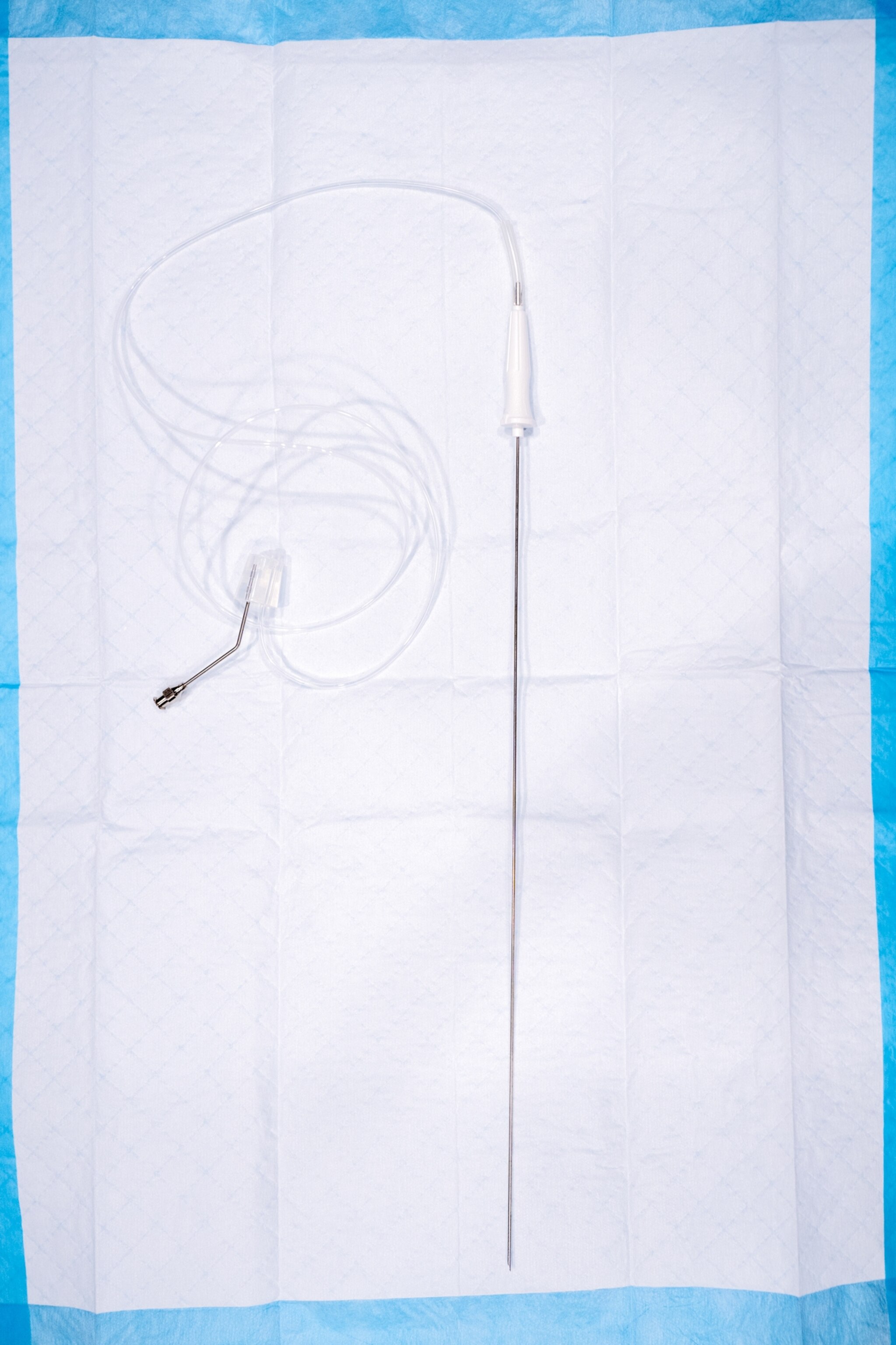
When the time comes to use them, the eggs need to be thawed, then fertilized; after that, they need to divide and develop into an expanded blastocyst—a rapidly dividing ball of cells—that is ready to transfer into the uterus, Hill explains. Problems can occur at any phase of the process, which is why experts recommend that women freeze many eggs each time they undergo the process. That way, there will be more to choose from. “There’s attrition at every step,” says Amanda Adeleye, a reproductive endocrinologist and ob/gyn at the University of Chicago. “For each live birth, you need [to freeze] 15 to 20 eggs.”
Another common misunderstanding: Some women worry that the egg-freezing process will have a negative impact on their long-term fertility but that’s not true, experts say. “There won’t be fewer eggs in the future because [with egg freezing] we’re just rescuing the ones that were going to die that month anyway,” explains Adeleye. This occurs through a biologically programmed cell death that’s an inherent part of human ovarian function.
Before age 35 is viewed as the optimal time for egg freezing because that’s when a woman’s eggs tend to be healthiest and the ovaries are most responsive to stimulation. There isn’t a widely agreed upon age that’s considered too old. “It’s a case-by-case decision depending on someone’s ovarian reserve,” says Adeleye. “It becomes less beneficial in the early 40s because the proportion of eggs that are chromosomally normal is lower.”

In deciding when to freeze their eggs, it’s important for women to think about how many kids they want to have and when they want to start trying to get pregnant, Bendikson says. “If you want more than one, it’s better to freeze at age 30.” Even so, she adds, “you can’t draw a line in the sand about when the right time to do it is.”
Research does suggest, however, that women who freeze their eggs before age 34 have the highest probability—greater than 74 percent—of giving birth to a baby. By contrast, the older a woman is when she freezes her eggs, the slimmer her chances.
A study by Cascante and colleagues, published in a 2022 issue of the journal Fertility and Sterility, found that the birth rate among women who elected to freeze their eggs for later use was 39 percent overall; among women who froze their eggs before age 38, the birth rate was higher than 50 percent.
Ultimately, “egg freezing gives women the option to postpone childbearing while preserving their fertility,” Cascante says. “It basically allows you to become your own egg donor in the future.”
